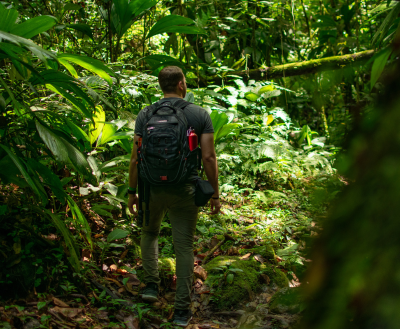Ecotourism in Turkey: Sustainable Travel Tips
With the world opening its eyes to the effect that travel can have on the environment, many tourists around the globe are looking for ways to explore new destinations responsibly. Turkey, with its rich cultural heritage and landscapes, combines stunningly with its vibrant cities, offering great chances for an ecotourism adventure. Staying in sustainable accommodation, getting involved in environmental activities, and practicing green are ways to decrease the effect you might have while exploring the great treasures of Turkey.
Eco-friendly Accommodations
One of the most accessible means to travel sustainably in Turkey is through the accommodation choice of eco-friendly options. More and more hotels and guesthouses are adopting greener practices, such as energy-efficient lighting, water-saving fixtures, and waste-recycling programs. Seek those who have been given eco-certifications or are part of sustainable tourism initiatives. For example, staying in boutique hotels that use locally sourced materials and support the community can significantly reduce your environmental footprint.
Sustainable Activities
There are too many opportunities within Turkey's varied landscapes for eco-friendly activities—hike or bike this natural beauty and kayak rather than taking motorized tours. The Lycian Way is a long-distance footpath along the coast providing lovely views; here, travelers get to go out into the environment. At Cappadocia, travel on a balloon from an environmentally friendly company.
Finally, try to do some eco-tourism, which will encourage local communities and conservation activities. You can visit organic farms, plant trees, or involve yourself in wildlife conservation; it will offer you quite an experience, apart from inroads toward sustainable development.
Green Practices for Travelers
Most accessible practices for simple green travel would entail, first of all, reducing the use of plastics. Bring a bottle with you and always use cloth bags when shopping; avoid single-use plastics. When dining out, choose restaurants that serve local and organic produce. Not only does this support the local economy, but it also lessens the carbon footprint associated with moving food around.
Also, save energy wherever possible by turning off lights, AC, and electronic goods when not required. I prefer traveling by public transport, cycle, or walking rather than renting cars or taking a taxi. The elaborate public transport system of Turkey includes buses, trams, and ferries, making sustainable travel easy.
Treat respect for local cultures and environments
Responsible tourism means being culturally aware and showing respect for the environment. Learn about the customs and traditions of areas that you visit, try to make meaningful contact with locals, and respect them. Ensure that the activities you participate in do not exploit wildlife or harm natural habitats—for instance, riding elephants or buying commodities made from endangered species. Support sustainable tourism Finally, support organizations and businesses that are committed to sustainable tourism. Therefore, promote all those tour companies, restaurants, and shops that sustain environmentally friendly practices—this could be one way of fostering a future travel industry that is more sustainable. Turkey is so beautiful and rich in culture that it has to be a heritage site to pass on to future generations.



